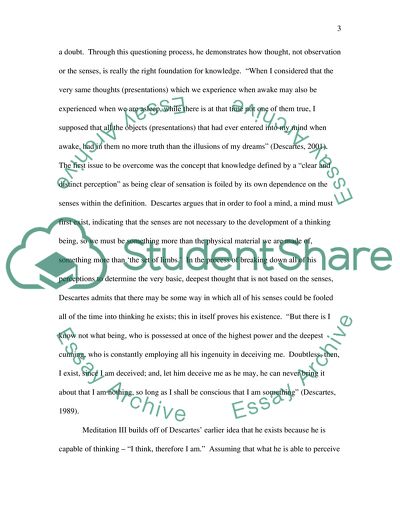Cite this document
(The Logic of Rene Descartes Coursework Example | Topics and Well Written Essays - 2500 words, n.d.)
The Logic of Rene Descartes Coursework Example | Topics and Well Written Essays - 2500 words. Retrieved from https://studentshare.org/philosophy/1751985-philosophy-paper
The Logic of Rene Descartes Coursework Example | Topics and Well Written Essays - 2500 words. Retrieved from https://studentshare.org/philosophy/1751985-philosophy-paper
(The Logic of Rene Descartes Coursework Example | Topics and Well Written Essays - 2500 Words)
The Logic of Rene Descartes Coursework Example | Topics and Well Written Essays - 2500 Words. https://studentshare.org/philosophy/1751985-philosophy-paper.
The Logic of Rene Descartes Coursework Example | Topics and Well Written Essays - 2500 Words. https://studentshare.org/philosophy/1751985-philosophy-paper.
“The Logic of Rene Descartes Coursework Example | Topics and Well Written Essays - 2500 Words”. https://studentshare.org/philosophy/1751985-philosophy-paper.


